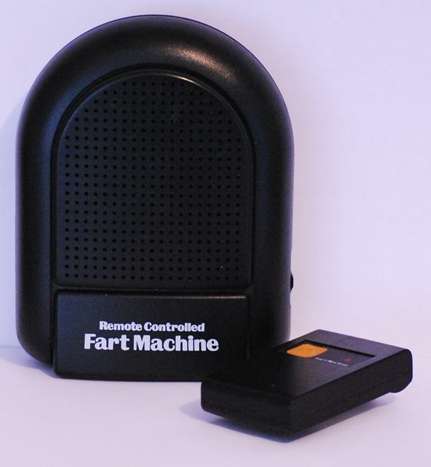
Lighter also draws a line back from cut the cheese to 1811’s Lexicon Balatronicum: A Dictionary of Buckish Slang, University Wit, and Pickpocket Eloquence, which defined the word cheeser as “a strong smelling fart.” grade-school student” who boldly asked of their fellows, “Who cut the cheese?”, forgetting the tried-and-true maxim that whoever smelt it, dealt it. Lighter’s Historical Dictionary of American Slang is “to break wind.” Lighter attributes the first-known, pre-print usage of the funky idiom to a “N.Y.C.

In fact, the definition for cut the cheese given in Jonathan E. by Thomas Urquhart), 1694įour hundred years after breaking wind for the first time (lexically, at least), English speakers devised another way to avoid cutting to the chase about their ranker emanations with the euphemism cut the cheese. François Rabelais, The lives, heroic deeds and sayings of Gargantua and Pantagruel (trans. The word appears in a number of 17th century dictionaries, both English and English/French, and not one, but two lexicographers of that time (Edward Phillips and Randle Cotgrave) defined it as "a gun-shot of farting." The overwhelming majority of cases where it is found in English prose are translations of Rabelais.įurthermore, there shall not one hereafter, Native of the Country of Salmigondy, but he shall level the Shot towards my Nose all the back-cracking Fellows of the World, in discharging of their Postern Petarades, use commonly to say, Voila pour les quitters that is, For the quit.
#LOUD FART SOUNDS SERIES#
Petarade comes to our language from the French, and there is some speculation that, while this curious word may have visited English on occasion, it is but a tourist, and has never become naturalized enough to achieve citizenship in our language. That being said, there appears to be no other single word in our language which may be glossed as "a series of farts," and so certain allowance must be made. This is where we remind you of our descriptivist bent if enough people use a word with a definite meaning for a prolonged period we are honor-bound to consider including that word in our dictionary.ĭefinition - "An act of breaking wind a fart or series of farts" ( Oxford English Dictionary)

The closest that farting-crackers has ever come to legitimacy, at least insofar as inclusion in a general dictionary qualifies as such, is when it appeared in several editions of Nathan Bailey’s dictionary in the middle of the 18th century. All of these titles, while major works in the history of lexicography, deal with slang and various other forms of non-standard language. This now-obscure word for breeches appears first in the 1699 A Dictionary of the Canting Crew, and thereafter in a number of other specialized lexicons, such as the 1785 Dictionary of the Vulgar Tongue, and James Caulfield’s 1793 work, Blackguardiana. The spitting, the coughing, the laughter, the neesing, the farting, dauncing, noise of the musique, and her masculine, and lowd commanding, and vrging the whole family, makes him thinke he has married a furie.īen Johnson, The Works of Benjamin Johnson, 1616ĭefinition - breeches ("short pants covering the hips and thighs and fitting snugly at the lower edges at or just below the knee")įarting-crackers, we regret to inform you, never really caught on.

Thomas Dekker, The Second Part of the Honest Whore, 1630 It is not currently considered polite, either in lexical form or in action we provide a usage note which states " often vulgar," while the majestic Oxford English Dictionary says it is "not now in decent use." That being said, the word has been used by many of our finer scribes (and almost all of our four-year-olds) over the years.Ī pox a de Horses nose, he is a lowsy rascally fellow, when I came to gird his belly, his scuruy guts rumbled, di Horse farted in my face, and dow knowest, an Irishman cannot abide a fart.

It existed first as a verb, in use since the 13th century, and as a noun from the 15th. The humble fart crept, like a silent yet obtrusive guest, into our vocabulary long ago.


 0 kommentar(er)
0 kommentar(er)
